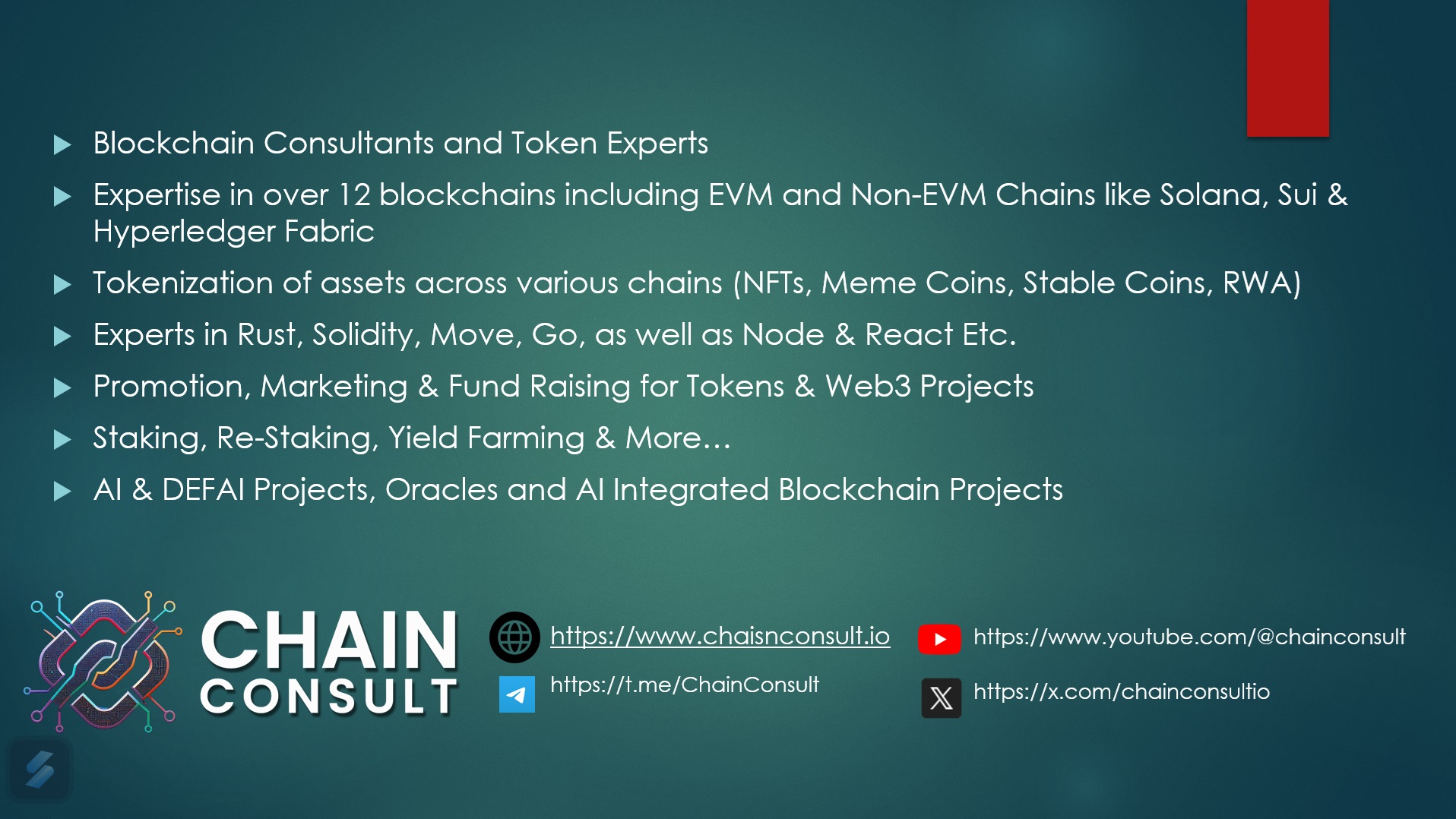Blog

Account Abstraction on Ethereum: What It Means for Developers – Exploring ERC-4337 and how it changes dApp user experience.
Ethereum, as the leading smart contract platform, has catalyzed an explosion of decentralized applications (dApps) and novel blockchain use cases. However, it still bears significant user experience challenges, especially when it comes to interacting with wallets, managing gas, signing transactions, and handling account recovery. These friction points stem largely from the rigid architecture of Ethereum’s
Read More
The Hidden Costs of Smart Contract Execution: Beyond Gas Fees – A deep dive into storage, computation, and mempool optimization costs
While gas fees dominate discussions about smart contract costs, they represent only a fraction of the total expenses involved in deploying and executing blockchain-based agreements. This article explores three critical but often overlooked cost drivers: storage, computation, and mempool optimization. By dissecting these hidden costs, we aim to equip developers and enterprises with strategies to
Read More
The DID Revolution: How Decentralized Identity is Transforming Web3
The digital landscape is undergoing a profound transformation, driven by the evolution of Web3 and the emergence of decentralized identity (DID) systems. As the internet shifts from centralized control to decentralized user empowerment, DID stands at the forefront, promising a future where individuals own, control, and manage their digital identities without reliance on centralized authorities.
Read More
How to Raise Funding for Your Blockchain Startup
The blockchain industry has emerged as one of the most exciting frontiers in technology, disrupting traditional financial systems, supply chains, and digital identity management. However, launching a successful blockchain startup requires significant funding, as the industry is highly competitive, resource-intensive, and often faces regulatory challenges. Whether you’re developing a decentralized finance (DeFi) platform, a non-fungible
Read More

Why Web3 Startups Fail and How to Avoid Common Mistakes
The Web3 ecosystem has gained massive traction, promising a decentralized internet powered by blockchain technology. However, despite the hype, many Web3 startups fail to sustain themselves in the long run. The reasons for failure range from technical limitations and regulatory hurdles to flawed tokenomics and poor user adoption. This article explores the common reasons why
Read More
Enterprise Blockchain vs. Public Blockchain: Key Differences & Benefits
Blockchain technology has revolutionized various industries by providing decentralized, transparent, and immutable record-keeping. However, not all blockchains operate in the same way. The two primary categories of blockchain networks are enterprise blockchains and public blockchains. While public blockchains like Bitcoin and Ethereum are open to everyone, enterprise blockchains are typically permissioned and used by businesses
Read More
CBDCs and the Future of Money: How Governments Are Adopting Crypto
Central Bank Digital Currencies (CBDCs) are rapidly gaining attention as governments worldwide explore the integration of digital assets into the financial system. With cryptocurrencies disrupting traditional finance, CBDCs offer a government-backed alternative that combines the benefits of digital transactions with regulatory oversight. But are governments truly embracing crypto, or is this a strategic move to
Read More
Merging AI with Blockchain: The Future of Decentralized Intelligence
The convergence of Artificial Intelligence (AI) and Blockchain represents one of the most groundbreaking advancements in technology. AI, known for its ability to process massive datasets and make intelligent decisions, complements blockchain’s secure, transparent, and decentralized nature. The fusion of these technologies has the potential to revolutionize industries, improve automation, and introduce trust in AI-driven
Read More
The Role of Blockchain in Healthcare: Use Cases & Challenges
The healthcare industry is undergoing a major transformation with the adoption of innovative technologies. One such revolutionary technology is blockchain, which has the potential to address many inefficiencies and security challenges in healthcare. From securing patient data to improving interoperability and streamlining administrative processes, blockchain technology offers numerous benefits. However, it also comes with challenges
Read More
Blockchain vs. Traditional Databases: Which One Should You Use?
In today’s digital world, data management is at the core of nearly every business and technological advancement. Organizations need efficient, secure, and scalable ways to store, manage, and retrieve data. Traditionally, databases have been the backbone of digital applications, serving industries such as finance, healthcare, and e-commerce. However, with the advent of blockchain technology, a
Read More
Why Traditional Businesses Must Embrace Web3 for Future Growth
The digital landscape is evolving at an unprecedented pace, and Web3 is at the forefront of this transformation. While many traditional businesses have successfully adapted to Web2, the shift to Web3 presents an entirely new paradigm driven by decentralization, blockchain technology, and tokenized economies. As industries rapidly integrate Web3 principles, businesses that fail to evolve
Read MoreArchives
Recent Posts
- Account Abstraction on Ethereum: What It Means for Developers – Exploring ERC-4337 and how it changes dApp user experience.
- The Hidden Costs of Smart Contract Execution: Beyond Gas Fees – A deep dive into storage, computation, and mempool optimization costs
- The DID Revolution: How Decentralized Identity is Transforming Web3
- How to Raise Funding for Your Blockchain Startup
- How to Create & Promote A Crypto Token | Live Token Launch | 2025

